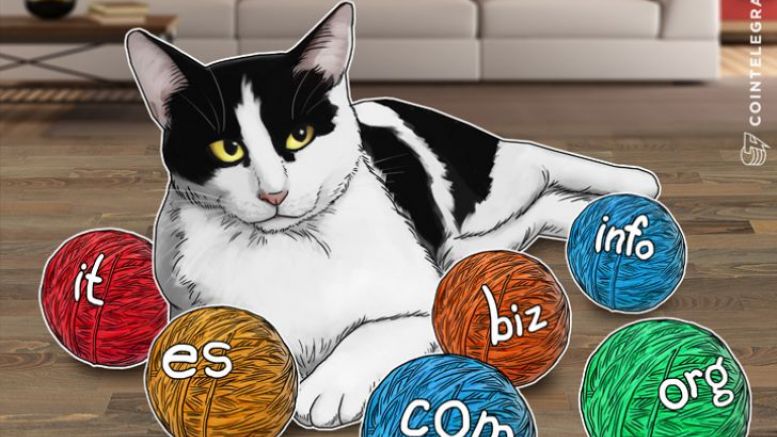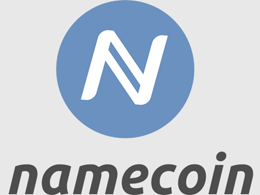
BipCoin to Provide “Censorship-Proof DNS,” Succeed Where NameCoin Failed
Journalists, artists, and the purveyors of other potentially controversial material have reason to be wary that their content may be taken down and censored, even more so as some of the top United States journalists warn that Donald Trump’s administration could have a chilling effect on journalistic freedom. Online domains that are registered with DNS (Domain Name System) are registered under centralized control and are ultimately able to be taken down, meaning that a website can be essentially censored at whim by a sufficiently controlling government. NameCoin set out to solve this....
Related News
Namecoin, the basis of a decentralised domain name system (DNS), has been found to have a fundamental flaw which allows any .bit domain to be taken over ... by anyone. There are over 103,000 .bit domains, and while evidence suggests none of them have been maliciously taken over, the protocol that governs those domains cannot be trusted until fixed. While Namecoin was a coin that could be traded like any other cryptocurrency, it had a much nobler function in life than being a mere commodity to trade and spend. The raison d'etre of Namecoin was to provide a decentralised and....
Michael Dean is host of the Freedom Feens podcast, but more importantly, he was one of the earliest (and loudest) advocates of Namecoin as a decentralized DNS system. But according to Dean, Namecoin has not taken off as he'd hoped, nor will it ever. Why? “It's a pity, because these guys are all absolutely brilliant computer scientists, but they have zero idea how to spread something and get adoption.” Dean told CoinTelegraph where he thinks Namecoin went wrong, what developers of other crypto projects should learn from their mistakes, and his own idea of a decentralized DNS alternative.
Bitcoin and digital asset exchange Kraken has ceased Namecoin trading form the exchange after determining that the currency did not warrant the effort to continue support due to low trading volumes. Kraken has revealed that it will not continue to keep or support Namecoin, following an assessment of supported coins in its exchange prior to making certain technical upgrades. A blog post by Kraken explains that the exchange had to “reassess which coins were worth keeping and which would be worth the additional effort to continue to maintain.” In making the assessment, it was determined that....
Just prior to the height of the holiday spirit, Namecoin developers got a special surprise in their wallets courtesy of not-so-secret Santa, Discus Fish. Also known as F2Pool, Discus Fish provided the developers with 20,000 Namecoins to fund a reimplementation based on mainline Bitcoin. According to the developer blog, Christmas officially came early for Namecoin. "What's more is that chief Namecoin scientist Daniel Kraft has been working so hard that the code is already usable! Indeed, Discus Fish has been using it in production for a few weeks." The code is still in the experimental....
Namecoin decentralizes the world of online identities. The most common form of online identification used today is an email address. When you create a new account at any website, you usually have to provide an email address as a basic form of identification. You can then login with your email address, or a username attached to your email address, when you come back to the site in the future. While this system has worked good enough in the early years of the Internet, there are two projects in the cryptocurrency space that are looking to completely change the way online identity works for....





